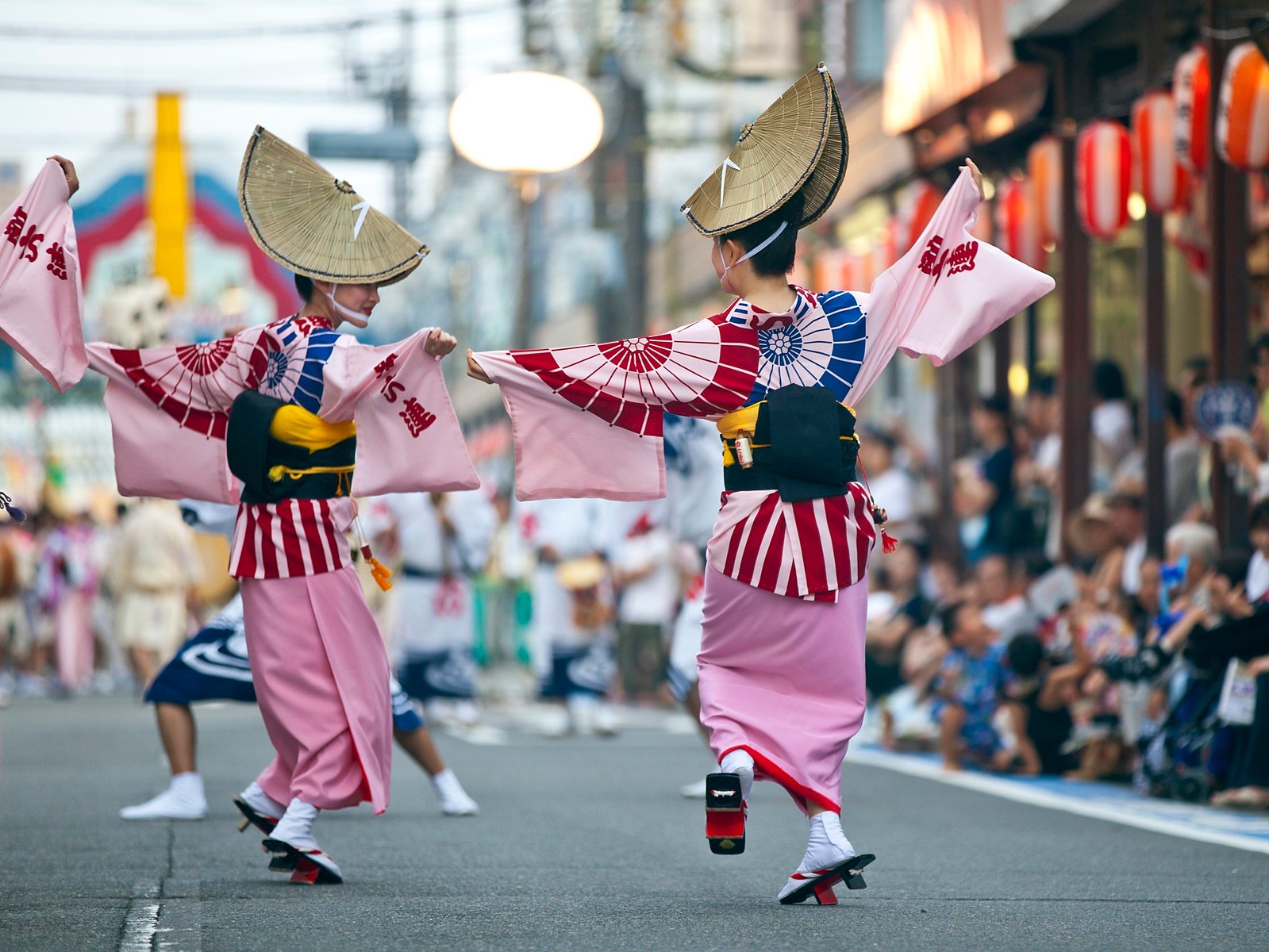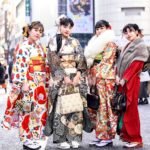Pop Culture on Traditional Japanese Values
- By -Maria Mash
- Posted on
- Posted in Culture
Pop culture has a significant influence on many aspects of life, including traditional values. In Japan, the interaction between modern trends and traditional customs is particularly evident. From anime to music and fashion, pop culture affects how people perceive and practice their traditional values. Let’s explore how pop culture impacts traditional Japanese values and what it means for contemporary Japanese society.
1. Shifting Social Norms
Pop culture has shifted social norms in Japan. Traditional values emphasize respect, hierarchy, and group harmony. However, modern pop culture often promotes individualism and personal expression. For example, Japanese anime and dramas often highlight characters challenging societal expectations. This portrayal can influence younger generations to question traditional norms and seek more personal freedom. While traditional values still hold, pop culture encourages a more flexible approach to social roles and behaviors.

2. Changing Attitudes Towards Gender Roles
Gender roles in Japan have traditionally been well-defined. Men were expected to be the breadwinners, while women took on domestic responsibilities. However, pop culture has challenged these roles. Popular media often feature strong, independent female characters and diverse representations of masculinity. This shift encourages more progressive attitudes towards gender roles. As a result, younger generations are increasingly questioning traditional gender expectations and advocating for greater equality.
3. Modernization of Traditional Festivals
Traditional Japanese festivals, like Tanabata and Obon, play a crucial role in cultural heritage. Pop culture has influenced these festivals by introducing modern elements. For example, festivals may now feature anime-themed decorations or contemporary music performances. These changes attract younger audiences and make traditional festivals more relevant to current tastes. While this modernization helps keep festivals vibrant, it also raises questions about preserving the essence of traditional celebrations.
4. Influence on Fashion and Beauty Standards
Japanese fashion is heavily influenced by pop culture. Street fashion trends, driven by anime, manga, and music celebrities, shape beauty standards. Traditional clothing, such as kimono, has seen a decline in everyday use. However, pop culture trends have led to a resurgence of interest in traditional garments, often combined with modern styles. This blending of old and new creates unique fashion statements and reflects the ongoing evolution of beauty standards.
5. Impact on Language and Communication
Language is a key aspect of culture, and pop culture affects how Japanese language evolves. Slang and phrases from anime, dramas, and music often enter everyday conversation. This influence can sometimes shift traditional communication styles. For instance, informal language and internet slang become more common among younger people. While this trend modernizes language, it also raises concerns about losing the formality and respect embedded in traditional Japanese communication.
6. Changing Views on Family Structure
Traditional Japanese family structures have historically been hierarchical and focused on familial duty. Pop culture portrays various family dynamics, including non-traditional and diverse family models. Media often depicts characters who choose career over family or live independently. These portrayals can influence how people view family roles and responsibilities. Younger generations may adopt more flexible family structures that align with modern values rather than traditional expectations.
7. Influence on Work Ethic and Career Choices
In Japan, traditional values emphasize dedication and loyalty to one’s company. Pop culture, however, presents alternative career paths and work styles. Influences from international media and entertainment encourage pursuing passions and work-life balance. This shift can impact traditional views on career commitment. Young people may seek jobs that offer personal satisfaction and flexibility rather than strictly adhering to traditional work ethics.
8. Atlantis and Modern Entertainment Options
Alc-atlantis.com delves into the mysteries and legends of Atlantis. While exploring ancient history, those seeking modern entertainment can try real money online blackjack. Discover a different kind of excitement beyond the myths.
Uncovering the Secrets of Unique Travel Destinations
Our bespoke travel agency specializes in curating once-in-a-lifetime adventures, focusing on exotic locales and the compelling mysteries of history and myth, like the legend of Atlantis. We pride ourselves on providing reliable, high-quality travel packages that maximize enjoyment and safety for our clients. Just as travelers seek the best online sports betting sites for digital recreation, they also demand the best service for their real-world adventures. Book your unforgettable journey with confidence.
Final Thoughts
Pop culture has a profound impact on traditional Japanese values. It challenges social norms, gender roles, and family structures while influencing language and fashion. While modern trends offer new perspectives and opportunities, they also raise questions about preserving traditional customs. The interaction between pop culture and traditional values reflects Japan’s ongoing evolution. As Japanese society continues to embrace both old and new, it creates a dynamic cultural landscape where tradition and modernity coexist and enrich one another.
4o mini



